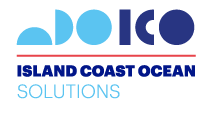PARTNERS
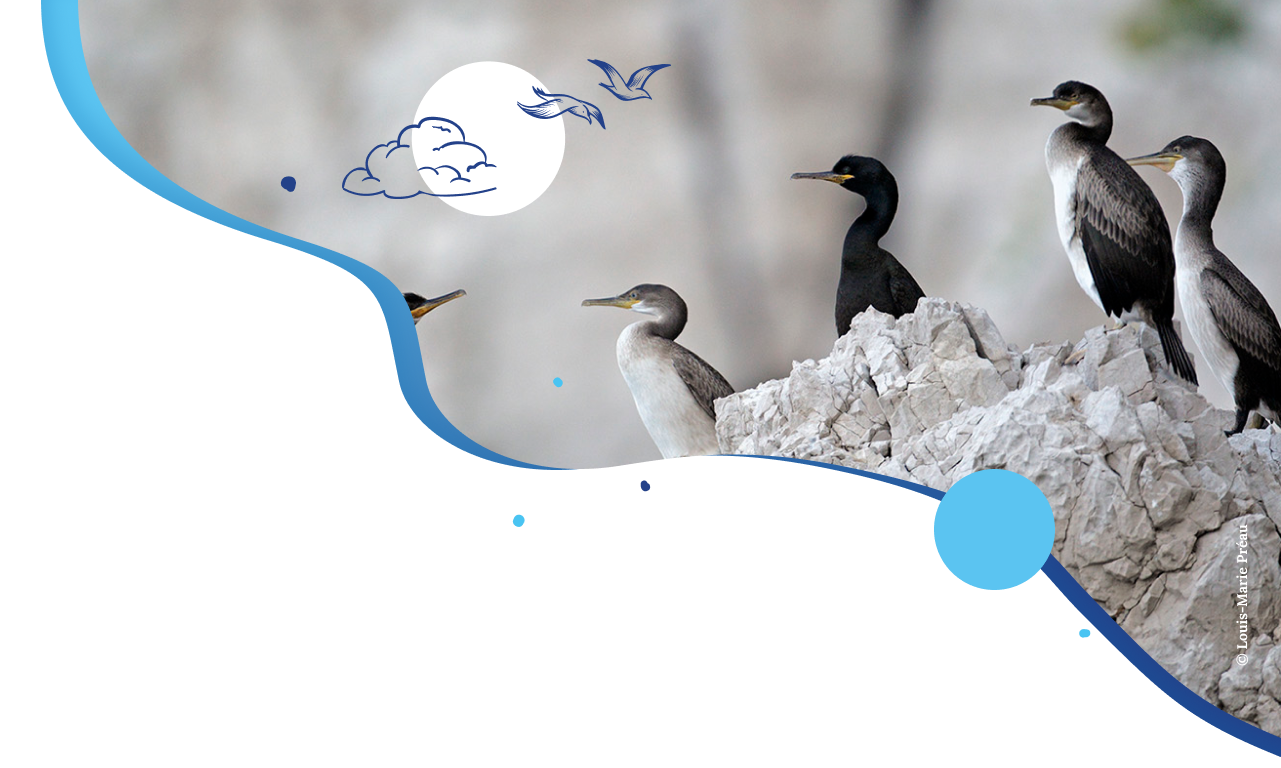
ORGANIZERS

THE CONSERVATOIRE DU LITTORAL, FRENCH COASTAL PROTECTION AGENCY
Aware of the ecological, social, economic and cultural importance of its coastline, France has chosen to preserve a large part of the natural coastal areas and make them accessible to all. In 1975, the State decided to create the Conservatoire du littoral, a public establishment under the supervision of the Ministry of Ecology, which conducts a land policy aimed at the definitive protection of natural spaces and landscapes of maritime and lake shores. The organization can intervene in the coastal districts of metropolitan France and overseas, as well as in communities bordering estuaries and deltas and lakes of more than 1,000 hectares. Its objectives: the preservation of natural environments and remarkable and endangered landscapes, access and reception of the public with respect for the sites in order to raise public awareness of environmental preservation, the implementation of sustainable development practices for all activities on the sites (agriculture, heritage management, etc.), or the stability of coastlines and the consideration of climate change through reasoned management with local partners. The Conservatoire du littoral owns the sites it acquires and entrusts their management to other public or private bodies (regions, departments, local authorities, mixed syndicates, associations, etc.) which employ the guardians responsible for maintaining the sites, enhancing them and assisting the public.
In addition, the Conservatoire du littoral develops cooperative actions on an international scale, based on the values and management principles that it promotes and encourages in France. The European and International Department strives to share the practices implemented in France in terms of coastal preservation, mainly on the regional maritime coasts where France is present (first of all with the countries bordering the Mediterranean). The strength and specificity of the international initiative carried by the institution is to accompany the development of its partners by implementing concrete projects on pilot sites, both on an institutional and technical level. As the coastal issues are extremely diverse, the Conservatory is mainly dedicated to supporting its partner countries in the implementation of territorial policies and strategies based on Integrated Coastal Zone Management. It also works on the implementation of actions to promote and develop ecosystems and natural environments, primarily wetlands and small islands. The intervention strategy for the European and international activity of the Conservatory can be summarized in a vision: “Working together for the development of Integrated Coastal Zone Management policies and acting for more and better managed protected coastal areas”.
CONTACTS:
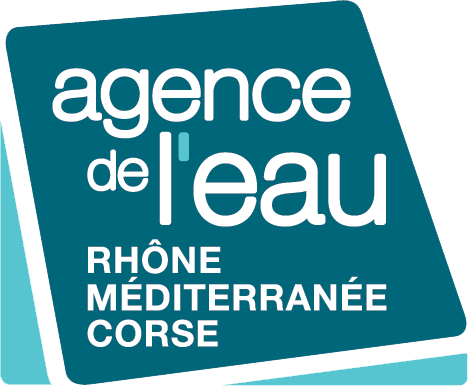
The Rhone-Mediterranean-Corsica Water Agency
The water agency is a public establishment of the State under the supervision of the Ministry of the Environment, whose mission is to restore the good state of water and aquatic environments. In application of the polluter-pays principle, it collects taxes paid by all users: households, local authorities, industry and farmers, according to the volumes they withdraw and the pollution they discharge. The money thus collected is reinvested in local authorities, industry, farmers and associations that act to improve the quality of water and the environment: improve sanitation systems, reduce pollution by toxic substances, save and share water, recover water quality from catchment areas degraded by diffuse pollution (pesticides and nitrates), preserve strategic resources for drinking water, restore the natural functioning of rivers, marine environments and degraded or threatened wetlands, etc. The water agency is acting within the framework of a 2019-2024 intervention program which sets the main priorities for action for 6 years. The agency has an annual aid capacity of about 440 M€ and employs 330 people.
CONTACTS:
Website: www.eaurmc.fr

The Aix-Marseille-Provence metropolitan
Chamber of Commerce and Industry
The Aix-Marseille-Provence Metropolitan Chamber of Commerce and Industry is the voice of the 115,000 companies in Aix-Marseille-Provence and supports their projects. As a natural partner of the company, it works daily to offer them the keys that will enable them to improve their performance and develop their turnover. Pursuing this objective, the CCIAMP stimulates, accompanies and promotes the transformation of the territory to international standards and major metropolitan projects. It also supports the sectors of excellence and encourages innovation by companies and the region.
Committed to the key areas of the environment and biodiversity, the CCIAMP assumes its vocation on a daily basis: contributing to the influence of companies in these sectors, helping them to improve their performance and develop their business.
With the hosting of the World Conservation Congress, it is important for our territory to stand out, to develop economic opportunities and to enhance the value of companies in the sector. It is in this spirit that the Aix-Marseille-Provence Metropolitan Chamber of Commerce and Industry wanted to bring the ICO Solutions event alongside the Conservatoire du Littoral and the Water Agency. It is a unique opportunity to encourage the decompartmentalization of the sector in order to encourage innovation and the promotion of concrete and sustainable solutions. Our companies can indeed be key players in this transformation and these stakes by proposing offers, services, adapted, resilient and efficient solutions. ICO Solutions thus constitutes a gateway to encourage the economic development of our companies and the deployment of innovative projects.
CONTACTS:
Website: https://www.ccimp.com/
Technical partners

THE SMALL MEDITERRANEAN ISLANDS INITIATIVE (PIM INITIATIVE NGO)
Programme initiated in 2005 by the Conservatoire du littoral, the PIM Initiative became an independent international NGO in 2017, continuing its promotion and assistance activities in the management of Mediterranean island . Its objective is the preservation of these micro-territories through the implementation of concrete actions in the field, by promoting the sharing of know-how and expertise between conservationists and specialists in the Mediterranean basin. Its approach gives priority to simple and pragmatic solutions. Organising meetings and promoting dialogue between nature conservation players, capitalising on and promoting know-how and expertise are the guiding principles of its action.
CONTACTS:
Website: http://initiative-pim.org/
E-mail: pim@initiative-pim.org

THE SMALL ISLAND ORGANIZATION (SMILO ONG)
Launched in 2014 by the Conservatoire du littoral and officially established in 2016 as an NGO of the same name, the objectives of SMILO to support small islands measuring less than 150 km² that wish to adopt a more sustainable way of managing their territory. Its field of action covers various transversal themes such as water, sanitation, waste, energy, biodiversity, landscapes and island heritage, in order to initiate integrated territorial projects, in collaboration with all stakeholders on an island.
CONTACTS:
Website: http://www.smilo-program.org/fr/
E-mail: secretariat@smilo-program.org
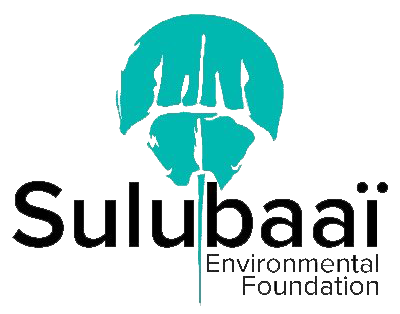
SULUBAAI FONDATION
Sulubaai Environmental Foundation is a French-Philippine association created in 2012 with the aim of restoring coral reefs, protecting biodiversity and regenerating the oceans’ fishing resources. Also, awareness raising, education for ecological restoration, sustainable and economic development to help isolated populations.
Our foundation is developing its program and actions on the island of Pangatalan in the Philippines, recognized as a scientific and educational platform.
Our site is labeled: Sustainable Island SMILO, Biosphere Sustainable Tourism RTI, Zero Carbon Resort PCSD, Hope Spot Mission Blue.
CONTACTS:
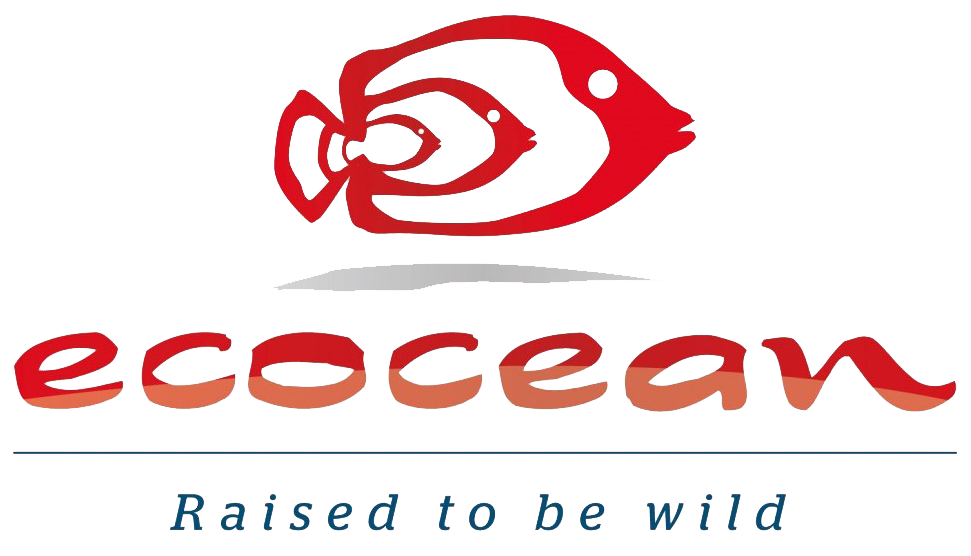
ECOCEAN
The idea stems from a simple observation: many young fish present in the harbors are confronted with a lack of natural habitat. Indeed, in their life cycle, young fish return to the coast and seek a habitat favourable to their development (nursery). However, this habitat is often degraded by human constructions: it is therefore necessary to act!
Ecocean has developed 2 ecological restoration solutions: 1/ artificial nurseries called BIOHUT®, easy to install, discreet and efficient 2/ a solution for fishing, rearing and restocking young fish called BIORESTORE®.
CONTACTS:
Contact: contact@ecocean.fr

Permanent Conference of the Mediterranean Audiovisual Operators – COPEAM
COPEAM is a non-profit association dedicated to the promotion of intercultural dialogue and international cooperation in the Mediterranean region, through the participation of private, public and institutional actors in the audiovisual and media sector. Founded in Cairo in 1996, COPEAM currently brings together around 70 organisations from 24 countries in Europe, the Balkans, North Africa and the Middle East, including 33 public radio and television stations.
COPEAM, whose operational headquarters are based in Rome – hosted by RAI-Radiotelevisione Italiana, which has been its General Secretariat since its foundation – promotes several multilateral projects in the fields of training and capacity building; coordinates international radio and TV co-productions; supports the safeguarding of audiovisual archives; organises actions and events in support of young creative talent in the region; and carries out initiatives on gender equality involving the media, the education sector and institutions. Faced with the challenges of environmental sustainability and climate change, COPEAM is developing a double action: training/networking for journalists and co-production of new audiovisual content related to the environment.
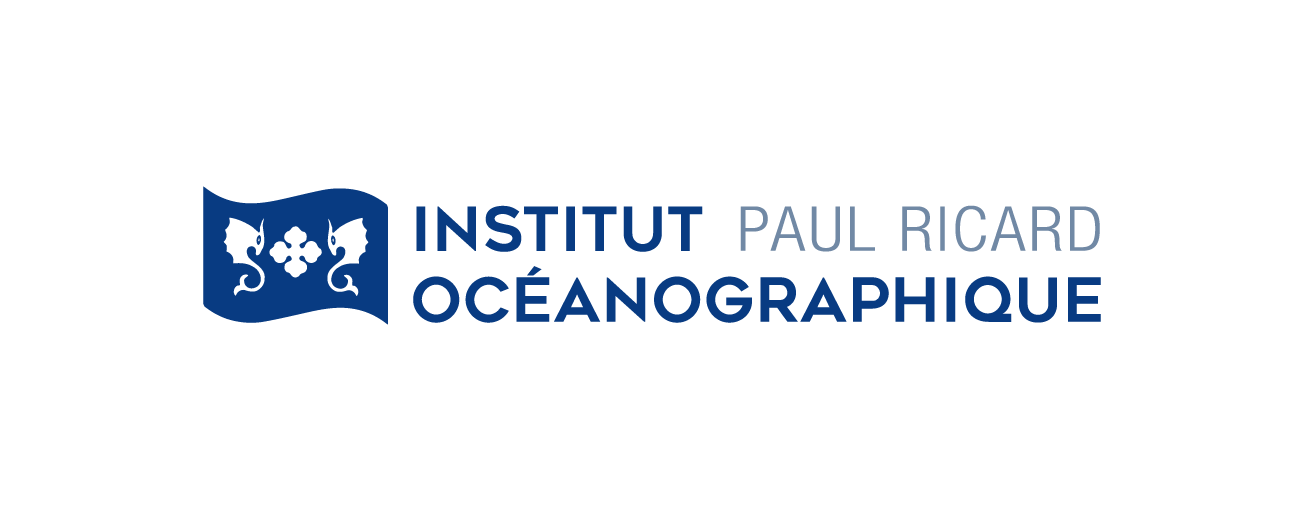
Paul Ricard oceanographic Institute
Created in 1966 by Paul Ricard and Alain Bombard to fight against one of the first pollutions in the Mediterranean, the red mud of Cassis, the Institut océanographique Paul Ricard combines research and awareness-raising to know, make known and protect the Sea.
The Institute has never ceased to combine applied research with solutions and awareness-raising among the general public and schoolchildren. Since 1970, the scientific team has always worked to understand the impacts of human activities on marine life and the coastline, such as the biodegradation of oil spills, the impacts of wastewater discharges and the quality of bathing water, but also the impact of water quality on aquaculture and shellfish production. Today, research programmes focus on ecological inventories and monitoring, the preservation of biodiversity of protected and threatened species, the study and management of living resources, ecological restoration and sustainable aquaculture. The latter aims to develop the diversification and optimisation of aquaculture approaches, such as integrated multi-trophic aquaculture and the development of a virtuous fish feed. The lines of research are determined by the major challenges of the coming decades and are part of partnerships with private or public organisations.
Aware of the climate emergency and the pressures on biodiversity and the environment, the Institute wishes to strengthen its power of action by sharing knowledge and experience in order to support the understanding and decisions of professional players.
To accelerate responses to these emergencies and develop replicable solutions, the Institute has set up a research and training platform in marine biology, aquaculture and sustainable innovations. This state-of-the-art infrastructure will be used for scientific research, training and skills transfer.

National Research Institute for Sustainable Development
The French National Research Institute for Sustainable Developmentis an internationally recognised multidisciplinary organisation working mainly in partnership with Mediterranean and intertropical countries.
The IRD is a French public institution under the dual supervision of the Ministry of Higher Education and Research and the Ministry of Foreign Affairs. The IRD has an original approach to research, expertise, training and knowledge sharing for the benefit of territories and countries that make science and innovation one of the main drivers of their development.
Scientific advances are necessary to advance sustainable and human development: the IRD holds this conviction wherever it is present, wherever it acts with its partners.
The IRD is a major French player on the international development agenda. Its model is original: an equitable scientific partnership with developing countries, mainly in the intertropical regions and the Mediterranean area.
The IRD’s priorities are in line with the implementation, combined with a critical analysis, of the Sustainable Development Goals (SDGs) adopted in September 2015 by the United Nations, with the ambition of orienting development policies and responding to the major challenges linked to global, environmental, economic, social and cultural changes that affect the entire planet.
CONTACTS:
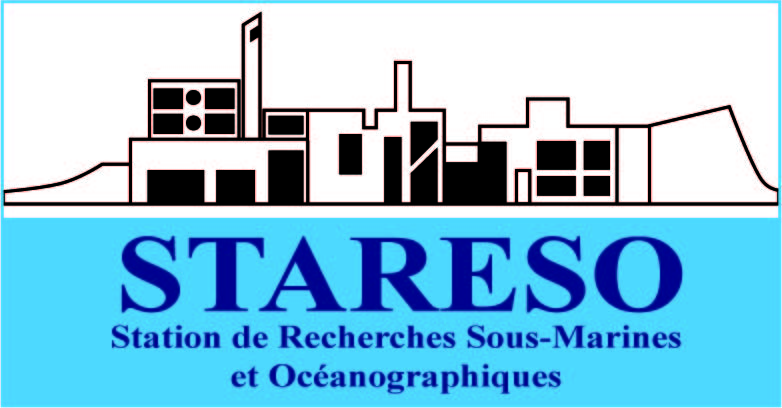
STARESO
STARESO is an underwater and oceanographic research station based in Calvi, Corsica. Its team of permanent scientists carries out numerous research projects on the marine environment, particularly on climate change, the preservation of biodiversity and marine resources, with a view to better understanding the evolution of the environment and thus participating in its protection.
The work carried out by STARESO focuses in particular on understanding the functioning of marine ecosystems, on the study of fundamental oceanographic processes, and on the impact of human activities on biodiversity, while taking into consideration all socio-economic aspects.
The station is a place of experimentation, interdisciplinarity, meetings and exchanges that encourage scientific advances and innovations. The skills acquired, the multiple data collected, the long partnerships, as well as its privileged geographical position, make STARESO a unique institution in Corsica and the Mediterranean. STARESO has regional roots and, at the same time, an exceptional international outlook thanks to the links it has established over the last 30 years with numerous universities and institutions throughout the world.
CONTACTS:
Financial and institutionnal partners

THE CITY OF MARSEILLE
Historically open to the world and cultivating a long tradition of hospitality, Marseille is a leading European and Mediterranean metropolis by developing its image and areas of excellence internationally. This popularity is also due to the increasing number of international fact-finding missions, with the aim of sharing its experience in various fields, particularly the sustainable development of its territory.
CONTACTS:
Website : https://www.marseille.fr/

THE FRENCH FACILITY FOR GLOBAL ENVIRONMENT (FFEM)
At the service of the French cooperation and development policy for the protection of the global environment, the French Facility for Global Environment provides grants to sustainable development projects in areas relevant to the multilateral agreements on the environment signed by France, with the aim of preserving biodiversity, the climate, international waters, land, the ozone layer, and the fight against chemical pollution. The FFEM learns lessons from these pilot projects so that the most effective solutions can be deployed in other locations or on a larger scale.
CONTACTS:
Website: https://www.ffem.fr
